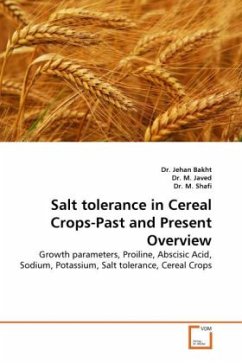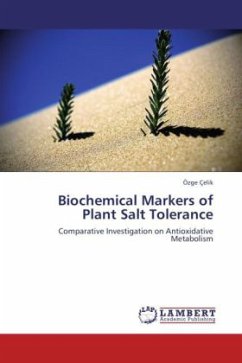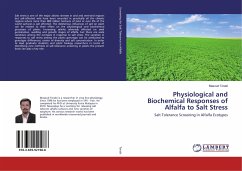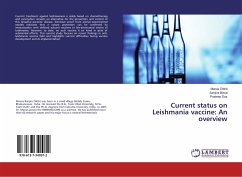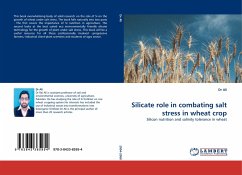The economy of Pakistanis predominantely agrarian and the prosperity ofpeople depends upon the proper management of cultivated land. The agriculture sector contributes 24% to the Gross Domestic Product of Pakistani economy and involves 75% of the labour force. Largeareas of arable land suffer from salinity and waterlogging, leading to a multitude of problems. Approximately 16 million of Pakistan's 160 million people live in regions with salty water or saline soils. Salinity has a severe impact on farmers and their resource base, affecting approximately 6.30 million hectares of land. Each year a further 25,000 ha of productive land is lost due to salinity. This book provides fundamental knowledge of salinity tolerance in wheat genotypes. This book will provide first hand information for academician, researchers and students and should be a part of every scientific library around the country.
Bitte wählen Sie Ihr Anliegen aus.
Rechnungen
Retourenschein anfordern
Bestellstatus
Storno

